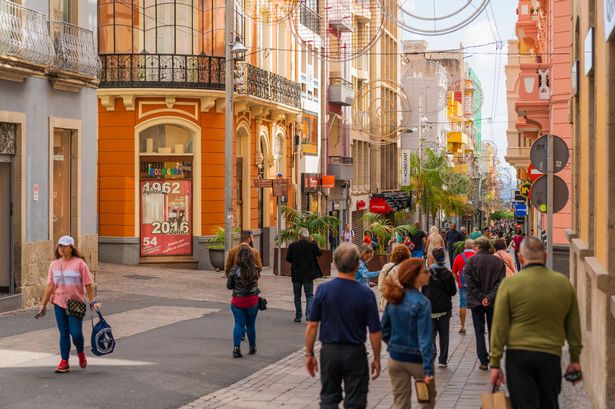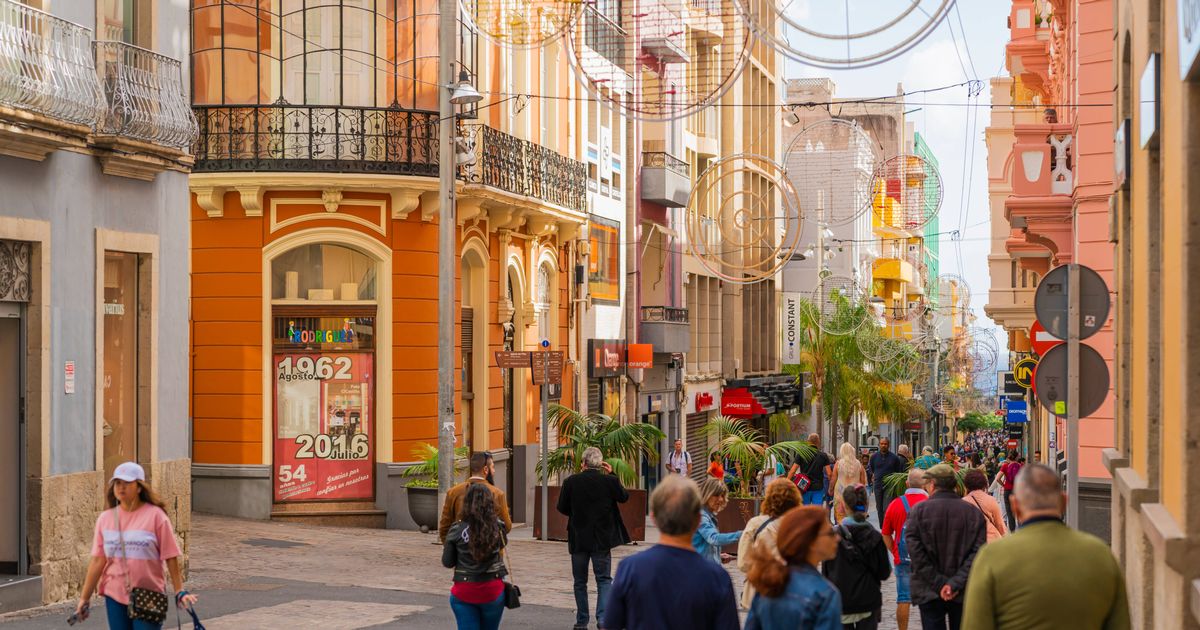The Canary Islands have been a hotspot for British tourists for decades but now a tourist tax has been introduced on a third island after a crackdown on Lanzarote and Tenerife Fuerteventura has declared it will implement the levy at Cofete Beach(Image: undefined via Getty Images)
Fuerteventura has declared it will implement the levy at Cofete Beach(Image: undefined via Getty Images)
UK holidaymakers have been issued a warning after another Canary Island suffered a “disaster”. Following tight controls on tourism in both Lanzarote and Tenerife, destinations that faced an onslaught of protests and demonstrations, a tourist tax has now spread to a competing isle.
Fuerteventura has declared it will implement the levy at Cofete Beach. The island’s president, Lola Garcia, proclaimed the necessity of the tourist tax as a means to fund the upkeep of natural areas frequented by sightseers.
“It is time to stop, reflect and mark the exact lines of where we want to grow in tourism, not so much to count the number of visitors but to look towards sustainable tourism that respects our environment,” she commented. The landscape and natural spaces must be protected, in addition to the fact that public institutions must listen to the citizens who, recently, expressed it in the street” through the various protests across the Canary Islands,” she added.
Gran Canaria has also stepped into the limelight with the announcement of its trailblazing tourism tax, a first in both the Canary Islands and Spain on a municipal scale. From 2025, guests spending a night within Mogán’s boundaries, including those in hotels, flats, and holiday lettings, will face a charge of €0.15 cents daily.
We have a dedicated newsletter for ChronicleLive’s money-saving and cost of living stories. It’s free and you can sign up to receive it here. It will keep you up to date with all the latest money news and budgeting tips as well as stories on the cost of living crisis in our region.
This fee will be extended to Canary Islands residents within these accommodations too. This development was disclosed by Mogán’s mayor, Onalia Bueno, at a news briefing. The city council of La Oliva has declared that they are initiating the preliminary phase in introducing a tourist tax of their own.
La Oliva’s mayor, Isaí Blanco, expressed the municipality’s aim to spark a substantial discussion on the matter, stating: “to have all the necessary information to make a responsible decision. “Blanco further commented: “If we manage to implement a balanced and fair tourist tax, we will be taking an important step towards a more balanced and supportive model.
